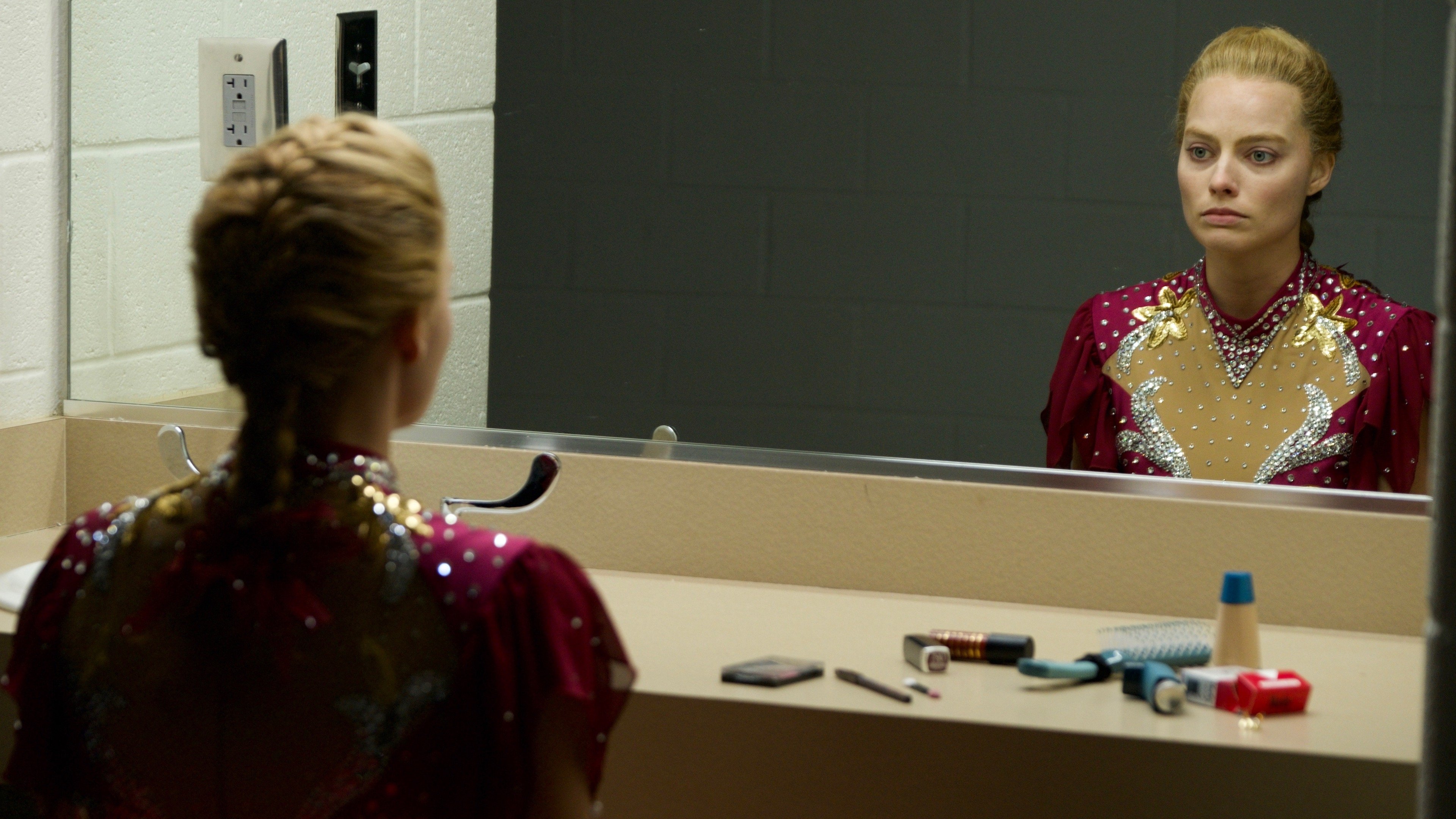Unless you're on the wrong side of Tik Tok, aka Straight Tik Tok, you definitely have seen the growing popularity and comeback of the Bimbo trend - now extending to the gender-inclusive Himbo, Bimbo, and Thembo. It has been reclaimed as a feminist concept, as a way to praise femininity, subvert the male gaze, and disparage capitalism. From it, other films like Legally Blonde and Jennifer's Body, have gained extreme popularity and a newfound critical appreciation replacing their past dismissal as just "chick flicks". However, if there's one film that validated the concept of the Bimbo way ahead of its time, it would be the prestige biopic: Erin Brockovich. Based on the true story of activist and paralegal Erin Brockovich, the film charts her incredible story of success from being an unemployed, single mother of three to building a landmark case against the Pacific Gas & Electric Company of California for local water contamination - despite having no legal training whatsoever. Erin's hyper-feminine appearance and headstrong attitude are unconventional in terms of expectations for how "respectable" (by society's definition) women and lawyers should behave. Its true-story roots and the seriousness in which the film was taken helps validate the still hard-to-understand concept for our society that women can do whatever they want despite their appearance.
As in everything, Julia Roberts' performance is extremely captivating and moving. Every moment she is on-screen is electric. Despite the legal jargon that makes up a lot of the dialogue, these moments don't become overpowered by information because of the range of emotion and dynamic-ness she commands. The entire film could have been her just cursing at me and I would've been perfectly entertained. The performance, also, isn't bogged down with a glossy picture of a woman who can do it all . Instead, it shows her messing up, being exhausted, and even hating herself. But it doesn't fall into tragedy exploitation either. We see her happy, learning to love herself, and finding her career, all while staying true to her character. Erin is a force dead-ahead on her target who explores a full range of authentic emotions in trying to balance being a mother, a girlfriend, an advocate, and trying to just be a human being at the end of the day. This representation allows for a female character to have a full well-roundedness that often doesn't get afforded to them in favor of objectification - especially when they are dressed like her. Erin could've easily fallen into something like Margot Robbie's performance in - well - any movie pre-I, Tonya where her amazing acting was framed under male gazes and seldom taken seriously for her incredible magnetism in creating characters. However, the Academy actually recognized brilliance, for once, and Julia won the Oscar for Best Actress in a Leading Role.
The plot does come through too and becomes engaging through its raw character study. It prioritizes charting Erin's growth in all aspects of her life, beyond just reducing her character to one thing, which avoids deadly and tired tropes. As well, the story focuses on the town whose citizens are physically and emotionally affected by the contamination of their air and water. To the audience, they don't just become or feel like props in Erin's life but are people just like her. We feel as Erin does for them and understand the trauma that each of these families experiences. The film is just over 2 hours and allows for many citizens to tell their story and experiences instead of just running through it to "hold" the audience's engagement as blockbuster dramas are supposed to do. Essentially, it emphasizes compassion, thoughtfulness, and humanity - creating empathy with the audience by putting us in Erin's shoes. Its structure makes sure that we are in Erin's mindset, showing her compassion and why she is so motivated to do what she does. My only gripe is that the film doesn't contain or discuss stories from people or communities of color - who are often hit the hardest by environmental issues that, in turn, affect their health.






















